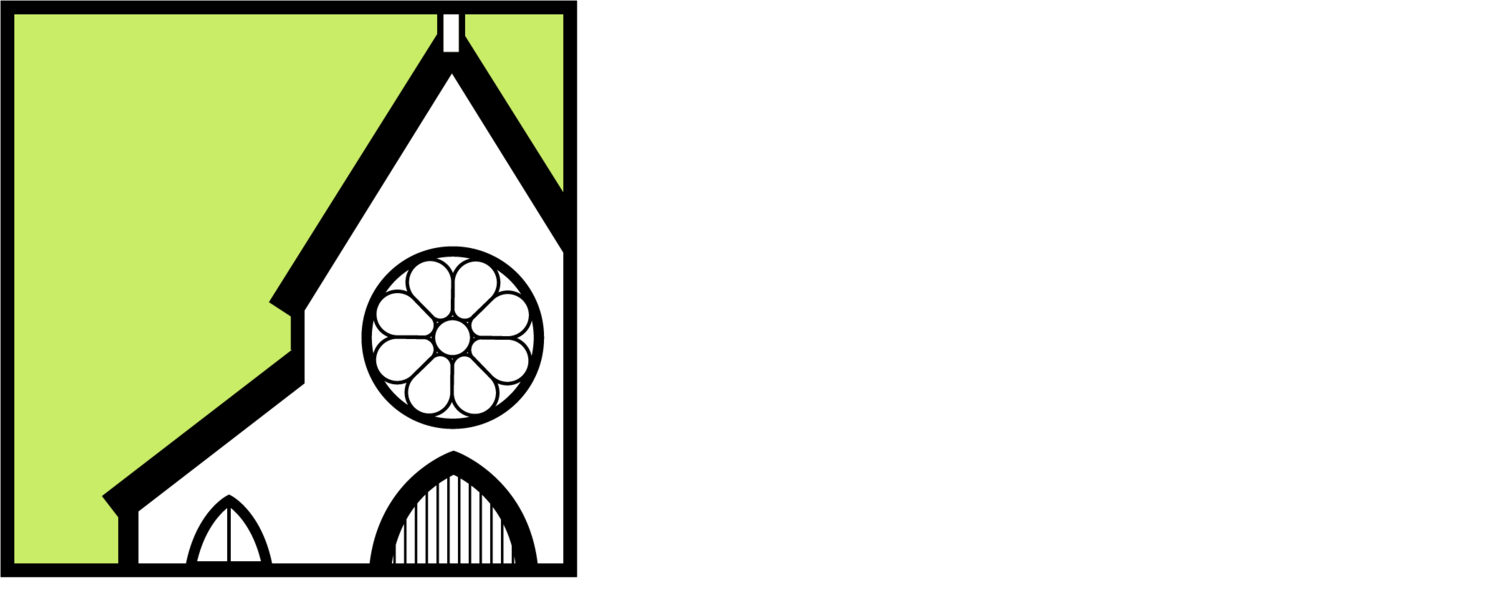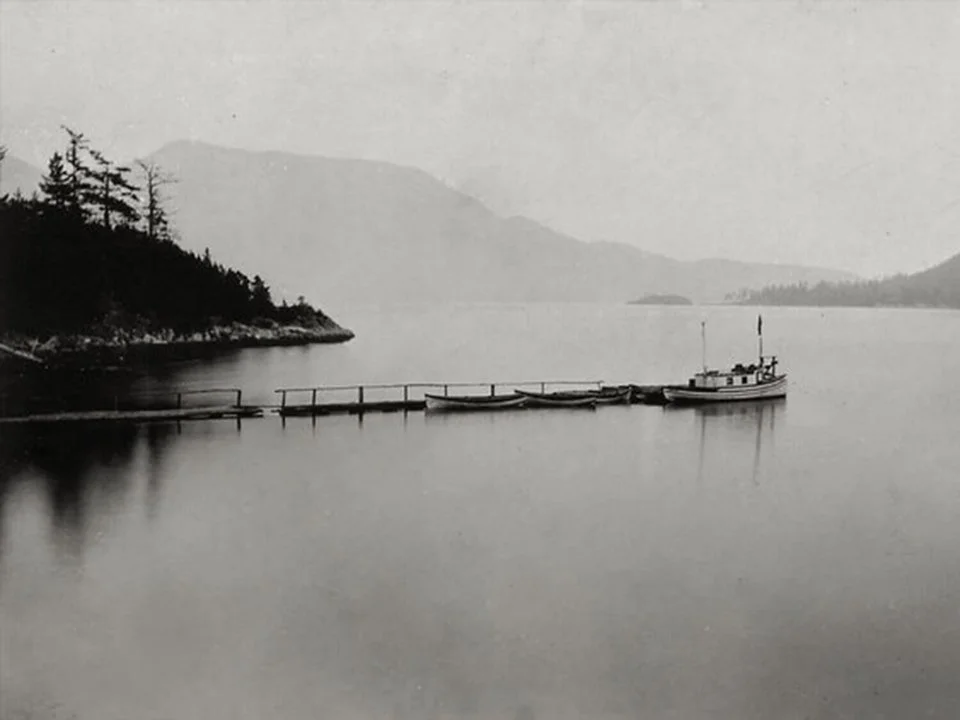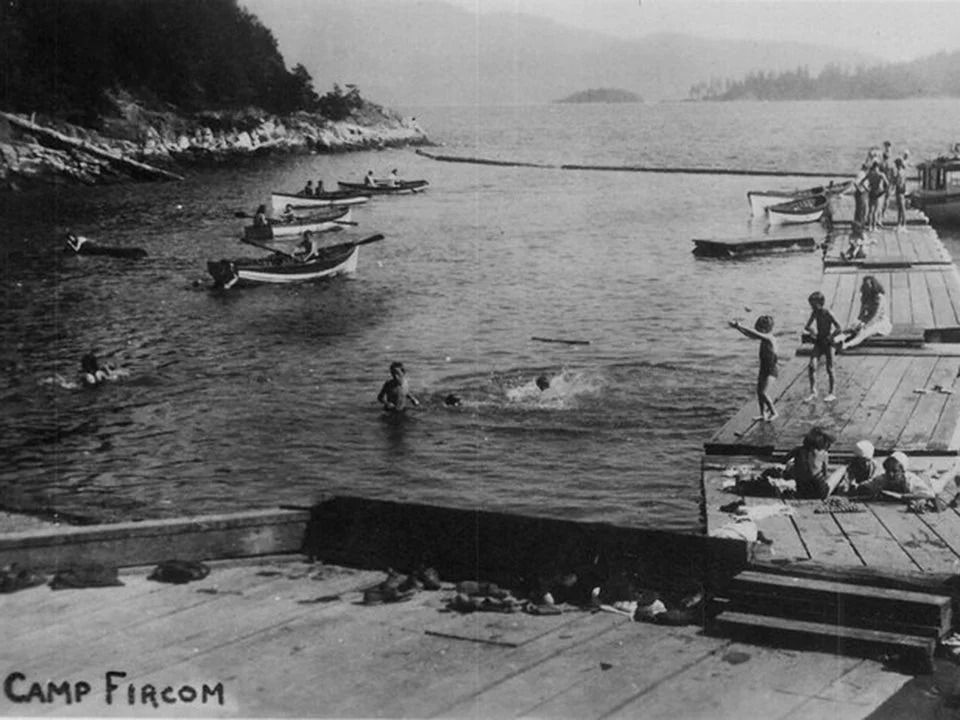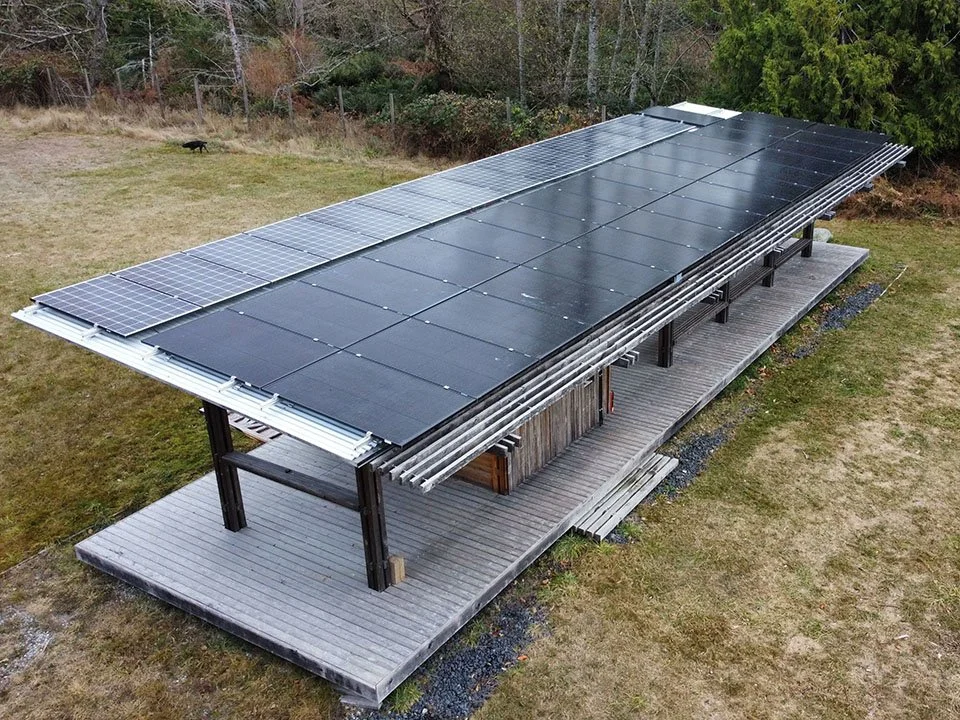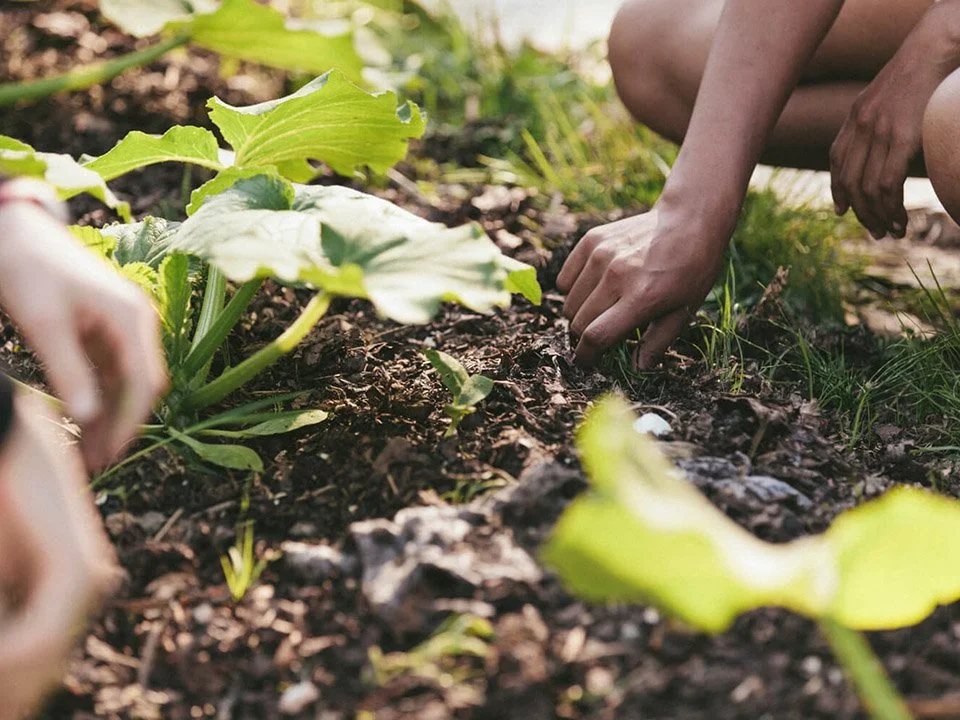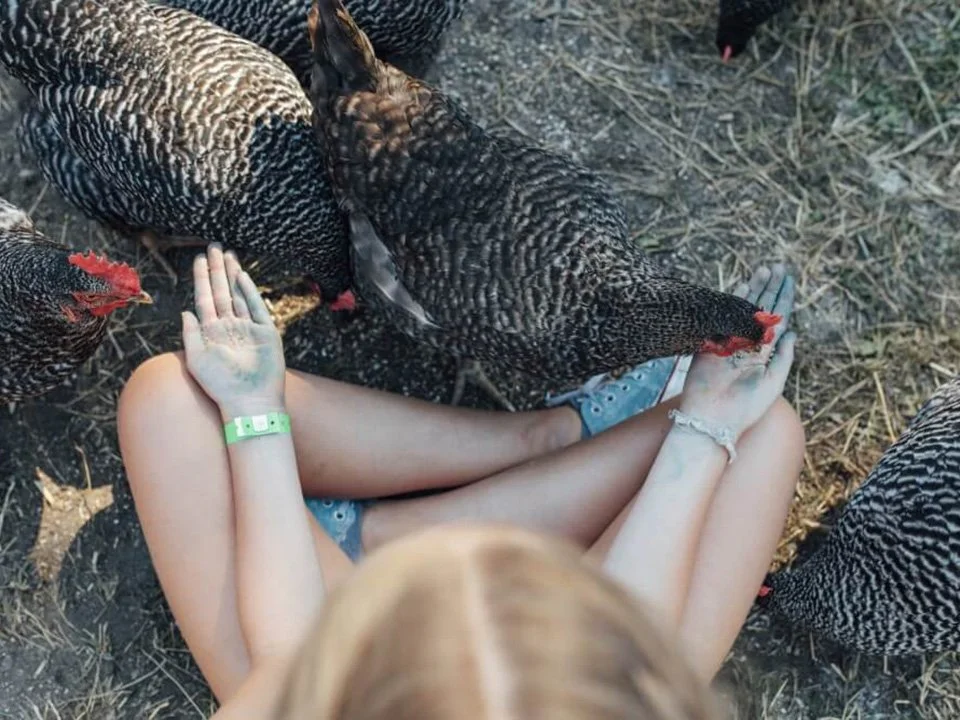A mere 20 minutes from mainland Vancouver, Camp Fircom is a far cry from hectic city life. Located across the Howe Sound on Gambier Island, and accessible only by water taxi, the remote United Church camp has offered a “place of rest and healing” for 100 years.
Ron Injates, who currently sits on the camp’s board of directors and property committee, sets the scene:
“It's such a unique location and experience being on the island. The kids who come here, they get on a boat and that's exciting from the second they leave the dock. We're not too far from town, but sort of in the middle of nowhere and totally off the grid at the same time.”
Since 1923, the site has supplied its own clean drinking water, sanitation, heat and energy. As Ron says, “Everything that a municipality would provide for you is basically what we have to provide for you.”
Unsurprisingly, “it's super expensive and super complicated,” because not only are they on the hook for all those services, but the fact that water is the only way to the camp brings a whole new level of complexity.
“That's what I tell kids who are here. Everything you see here came on a boat at one point, every little screw, every nut, every window,” Ron says.
And over the last century, little by little, barge trip by barge trip, Camp Fircom has been working to curate a site that celebrates and lives in harmony with the natural world.
In 2005, the camp closed to undergo major renovations that encompassed burying utilities, putting in a new sewage treatment plant, renovating old accommodations, and building new cabins and halls. The “rudimentary” power and energy provisions also got an upgrade, so when the doors reopened in 2011, the camp was offering 24-hour electricity for the first time. The commitment to the off-grid experience, however, meant that heat and electricity was still coming from propane and diesel generators.
Recognizing the unsustainability of their latest energy solutions, camp problem-solvers like Ron looked to the natural abundance of the sun and water to find alternative onsite power sources. Most recently, in November 2022, the camp installed a unique 16kW solar system on the roof of their south-facing, felicitously unobstructed archery shelter.
The project was a long time coming, as the process kicked off back in 2018, but the solar installation finally materialized courtesy of countless volunteer hours, barge trip donations, and grants from the United Church’s Faithful Footprints program and Vancity’s Envirofund. The original plan for the funding was to “harness the power of Fircom Creek,” which flows through the camp, via micro-hydro generation. But thick, vexing layers of bureaucratic red tape and the advent of COVID-19 pumped the brakes on the project, compelling the team to course correct and turn their focus to solar.
Reflecting on the lengthy, at times arduous journey and sweet victory of finally having the solar panels up, Ron says, laughing, “Sometimes I just go there and look at them.”
His heart is still set on getting a micro-hydro project up and running someday soon though, especially since, “It's the perfect complement to the solar we have here.”
“The creek is running all the time, so that would add up at night. It would run all winter and then, in the summertime, the creek dries up, actually, so then the solar would take over.”
Sharing the camp’s goal of being 90% renewably powered by 2030, Ron says, “In my perfect Camp-Fircom dream world, there'd be solar panels on all kinds of buildings around here and we'd have more power than we need — and no diesel bills!”
At Camp Fircom, responsible energy consumption and sustainability are central principles, palpable through the thoughtful design of their energy systems and conservation education, zero-waste compost and recycling practices, and organic farm (with chickens and everything!) supplying their kitchen 30 metres away.
“When you're talking to kids about conservation, or having a lighter footprint, or something like that, I think it's pretty difficult to do when you're in the city,” Ron says. “But when people come here, it’s obvious that you have an impact on things.”
“Even with something as mundane as the convenient flush of a toilet, I can walk them up and show them where the water comes from, where the water goes, what a well pump has to do to fill the toilet again, that kind of thing,” he continues, “So I think that has more of an impact than just droning on and only explaining things to kids, or adults really. It’s immediately apparent when you come here that everything you do has a consequence.”
And whether you’re a camper or staff member, volunteer or off-season visitor, all are invited to contemplate questions like,“How lightly can we tread upon the earth? How does the earth respond when we care for it and cultivate it thoughtfully?”
All photos courtesy of Camp Fircom.
Faithful Footprints Program
The United Church of Canada (UCCan) Faithful Footprints program offers inspiration, tools, and grants to help its faith communities reduce their carbon footprint. With the Church’s commitment to reducing its greenhouse gas (GHG) emissions by 80% by 2030, this one-of-a-kind program offers up to $30,000 in grants towards energy conservation and renewable energy projects (conditions apply).
Faith & the Common Good is the delivery partner for the UCCans Faithful Footprints program. To date, we have engaged over 300 congregations, camps, and buildings across the country. Your participation in the program puts your faith into action and helps the Church reach its target.
Cari Kilmartin is the Western Regional Coordinator for Faithful Footprints and can be reached by phone 780-216-1867 or email cari@newo.energy
